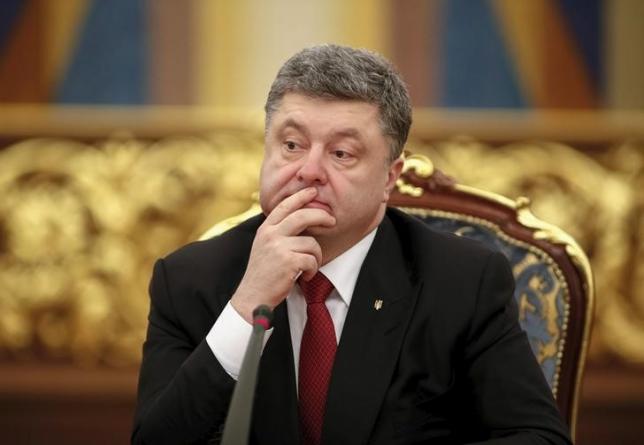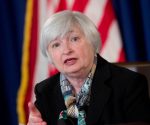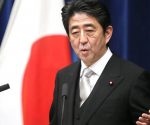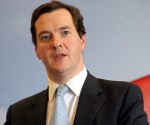EU Grants $2 Billion Loan To Ukraine & $200 Million Each To 6 Post-Soviet Partners
The EU has agreed to grant a $2 billion loan to Ukraine, at an EU summit in Riga, Latvia, becoming the largest financial deal with a non-EU member, intending to help revive the cash-strapped economy of Ukraine, which has also been badly affected by fighting with pro-Russian rebels in the east.
Signatories included European Commission Vice-President Valdis Dombrovskis, Ukraine’s Finance Minister Natalie Jaresko and the Governor of the National Bank of Ukraine Valeria Gontareva. It was the European Commission’s third Macro-Financial Assistance (MFA) programme to Ukraine since 2010. The loan agreement delineates conditions for Ukraine to draw benefit in EU financing a surplus of $2 billion. In 2014 and 2015, the Commission paid out around $1.8 billion under two similar MFA programmes, totalling over $3.5 billion, the largest financial assistance to a non-EU country in such a short time besides humanitarian aid, technical and project assistance.
The EU also agreed for a grant of $200 million to the six post-Soviet nations in the EU.
“Helping Ukraine to achieve peace and transform the country into a modern, stable and prosperous economy is one of the most important tasks Europe faces today. Implementing structural reforms can be difficult, even during good times. I have been encouraged by the commitment and determination of the Ukrainian Government to reform the country, despite the very complicated geopolitical and security context,” said Valdis Dombrovskis, Vice-President for the European Union and Social Dialogue, “The EU continues to support Ukraine in its reform efforts. We aim to disburse a first tranche of €600 million as soon as the Memorandum enters into force, following its ratification by the Ukrainian Parliament.”
The MFA is an EU crisis response instrument and is available to EU partner countries under severe cash-strapped scenarios. Funds for MFA loans are borrowed by the EU in financial markets and then lent to partner countries under the same financial terms, giving recipient countries the benefits of attractive borrowing conditions offered by the EU.
The third MFA programme for Ukraine was proposed in January by the Commission, with it being adopted by the European Parliament and the EU Council of Ministers on 15th April. The programme offered up to $2 billion in medium-term loans, intended to assist Ukraine’s critical challenges such as their weak balance of payments and fiscal situation. If the conditions of the Memorandum are met and Ukraine’s IMF programme remains on track, the loan will materialise in 2015 or early 2016. The package is to be disbursed in three equal payments of $660 million. It also requires Ukraine to adopt reforms, including anti-corruption measures.
The Memorandum of Understanding includes important economic and structural policy measures in six areas- public finance management, governance and transparency, the business environment, the energy sector, social safety nets, and the financial sector. These reforms will seek short-term progress for the country, drawing from the EU-Ukraine Association Agenda. They also consider Ukraine’s existing reform commitments under various programmes with international creditors, and particularly the IMF and the World Bank.
Ukraine has been facing financial crisis for many years, however even deeper during 2015 and is now under debt to the country’s international creditors. President Viktor Yanukovych was toppled due to protests erupting out of a decision to tie a deal with the EU in 2013 which also led to confrontation in eastern Ukraine.
Ukraine is also under threat from rebels in the eastern region after they began fighting in April 2014, leaving Donetsk and Luhansk affected badly by conflict. Up to now more than 6000 people have been killed following the annexation of the Crimean peninsula by Russia.
Moscow has been denying the allegations claiming that any Russians serving with the rebels are “volunteers”. NATO, western countries and Ukraine claim to have clear evidence of Russia’s involvement in the rebel activities including a recent arrest of a spy.






